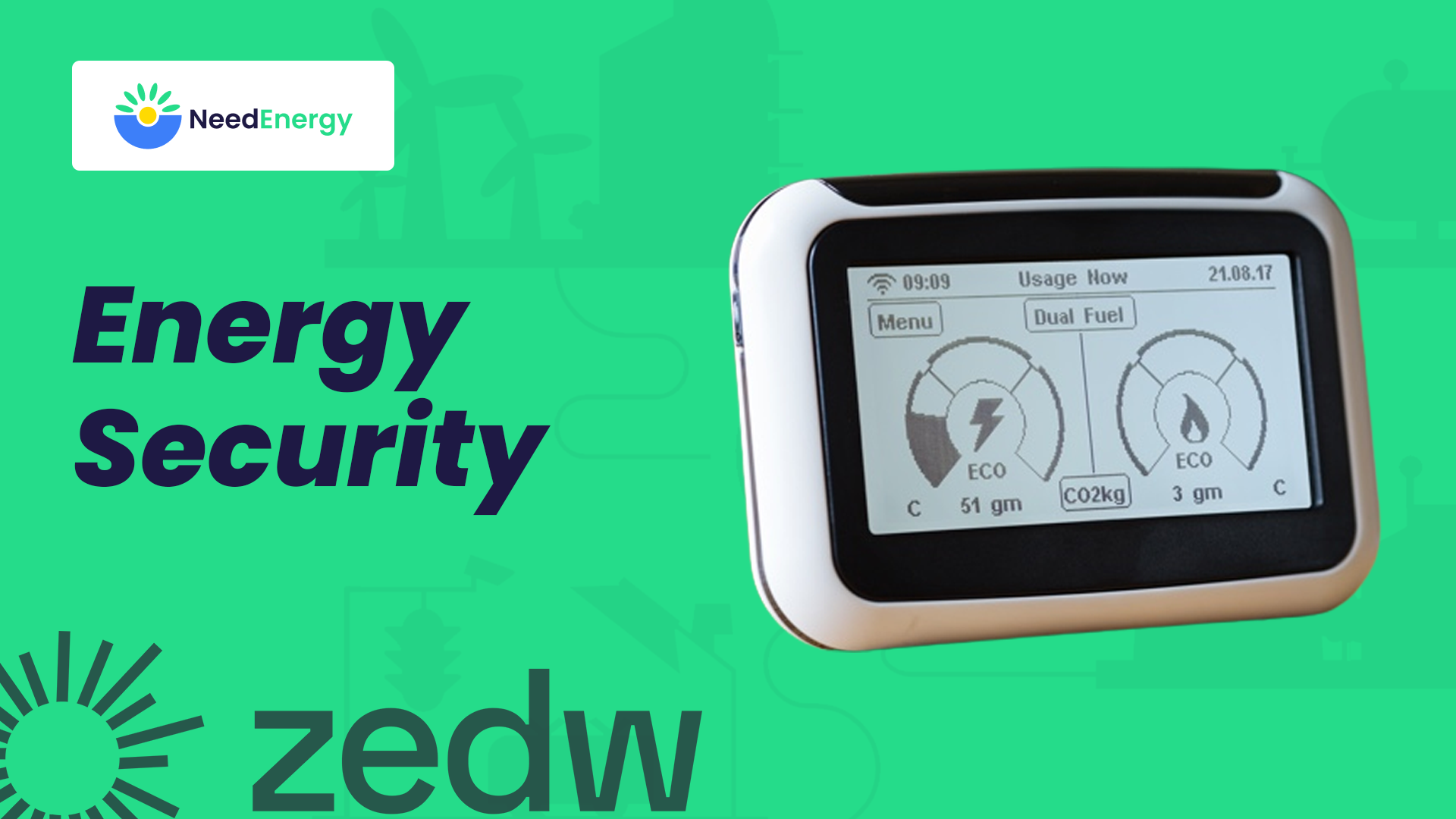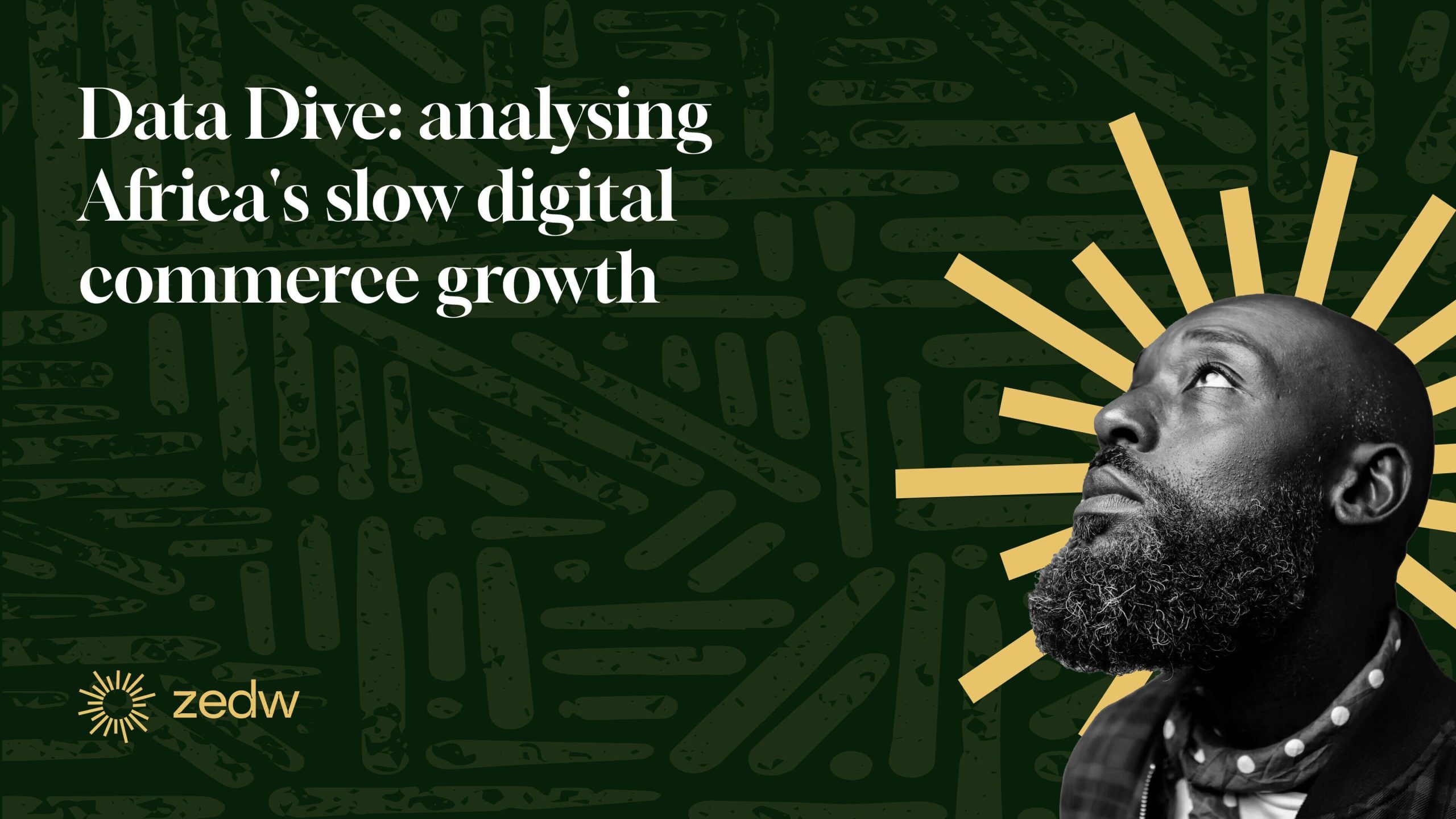Energy security is the backbone of a strong and successful economy. Productions need energy and so do the digital-based systems we use for production. In Africa, this is one of the biggest problems. Energy production infrastructure is deplorable with Zimbabwe experiencing 16-hour load shedding at times.
Power stations are close to half a century old, and a lack of alternative energy sources and a rate of urbanization that is far greater than the addition of energy to the grid are the biggest drags and roadblocks to energy independence in Africa.
There is a 160GW deficit in energy supply in Africa with access to electricity sitting at 40%, the lowest in the world. There is a great need for solutions to this power deficit. A need that Need Energy wants to help satisfy.
It’s not viable to be an IPP in Zimbabwe
It’s evident that energy supply is scarce from the national power utilities leading private players and individuals to begin creating their own solutions. Solar has so far been the most popular alternative source of energy security. 46% of Zimbabwean electricity users have solar as their primary source of power.
With the prevalence of gated communities and cluster homes marketing energy security as their key selling point, investors are keen on providing these power solutions. What has been the drawback is the billing of such services to the end user. This is part of the solution Need Energy is providing.
Need energy’s answer, billing, and smart metering for micro power plants
Need Energy will, through investors, set up a micro power plant to serve a small group of clients. They will set up the billing and metering and provide clients with guaranteed energy. The price to pay for guaranteed power is tariffs that are slightly higher than the tariffs from the national power utility, a margin that goes towards returns for the investor of the power plant. Need Energy’s part is to facilitate efficient billing.
Need Energy is also providing this same service for piped gas solutions. Currently, they have an ongoing partnership with Zuva, one of Zimbabwe’s biggest fuel retailers where they are working together to set up piped gas and the necessary metering and billing systems for new apartment complexes to ensure a guaranteed supply of cooking gas.
Energy security is VERY capital-intensive
Investment in energy is a very capital-intensive feat. Even with the various subsidies that exist for the implementation of green energy solutions, setting up the infrastructure for Africa will need 60 to 90 billion USD annually. Zoning in on countries like Zimbabwe, the situation is further exacerbated by the unpredictable financial policy changes that chase away investment in the sector as bill payments are made in the volatile local currency.
Selling the idea is no mean feat, especially in a space where they are trying to offer energy as a service. Bringing together a willing client with a willing supplier was one of the biggest challenges Need Energy faced early on with a lack of buy-in from suppliers forcing them to invest capex so the supplier can guarantee provision of the product, which in this case was piped gas.
The landscape Need Energy is operating in is a fairly young one. Innovation in energy after the utility is something only seen in Europe and the Americas largely due to the openness of the energy market there. IPPs are plenty and the market is left to set it’s own pricing making it extremely ripe for innovations around energy.
The tech will get better with more data
An innovation like the one Need Energy is pioneering only gets better with data. And data is difficult to get in Africa as most of it is largely offline if any is being collected at all. In the initial model of this system, Need Energy made use of 15,000 smart meters and over 19 million data points from UCT.
It may seem like this is a lot of data to produce a fairly robust system however trends are continuously changing and so the system can only get better with the use of current data which they expect to get more of with the installation of more smart meters.







